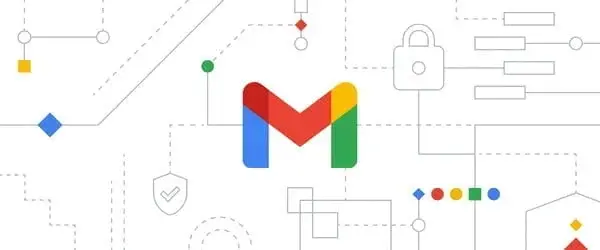Key Takeaways
1. The Lenovo Legion Pro 5 gaming laptop features a powerful RTX 5070 Ti graphics card and a stunning OLED screen but has some outdated features.
2. Lenovo laptops come with aggressive advertising and pre-installed trial applications, which are not unique to Lenovo but are particularly noticeable.
3. The evolution of control centers, like Lenovo LegionSpace and Lenovo Vantage, allows companies to monitor user behavior while providing performance options.
4. Lenovo’s pre-installed software includes various proprietary and third-party applications, often bombarding users with ads during setup.
5. Data privacy concerns arise from Lenovo’s vague privacy policies, making it unclear what data is collected, leading many users to prefer opting out of data collection and advertisements.
We want to focus on the well-built Lenovo Legion Pro 5 gaming laptop, which we’ve just reviewed. It features one of the fastest RTX 5070 Ti graphics cards in a 16-inch body that we’ve tested so far. We also want to highlight its stunning OLED screen. However, it does have some downsides, like a few outdated features.
Ads on Lenovo Laptops
An issue we’ve been noticing lately, especially when testing Lenovo laptops, are the ads for various products right on the devices. This isn’t something caused by Microsoft Windows, but instead stems from the manufacturers’ own software. These proprietary software applications are becoming more widespread and serve more than just one simple function.
Not Just Lenovo
Lenovo isn’t the only company doing this, but it seems to be especially aggressive with its advertising, pre-installed trial applications, and an increasing amount of proprietary software. Gathering user data and showing ads can create extra profits, which makes it easy to guess that other manufacturers might follow this trend unless regulations come in to protect consumers. The rise of AI is another factor leading to more proprietary software, which can be of varying usefulness.
Evolution of Control Centers
In the past, gaming laptop performance was mainly managed through power settings within Windows. Eventually, companies started creating their own software to provide extra performance options, like silent and turbo modes. This led to the development of control centers, which quickly became necessary for users to get the best out of their gaming laptops. By moving standardized settings into these centers, users now have little choice but to rely on them.
At the same time, these control centers not only give users control but also allow companies to monitor their customers. If everyone uses the software, it becomes a powerful tool for understanding customer behavior. Plus, showing ads can boost revenue, making it a tempting opportunity for businesses.
Lenovo’s Control Centers
On Lenovo laptops, the control center is known as Lenovo LegionSpace (for gaming performance) and Lenovo Vantage (for support and minor settings). When users or reviewers open LegionSpace to adjust performance modes, they are met with a home screen that displays the latest game offers, much like Steam or the Epic Games Store. The difference is that LegionSpace isn’t a game marketplace!
In Vantage, users encounter promotions for security options, warranty extensions, and similar products. They also push surveys, as if Lenovo doesn’t get enough feedback from the data they gather.
Pre-installed Software
Lenovo also provides a range of proprietary and third-party software solutions, all pre-installed. This includes a trial version of McAfee and Lenovo Now. During the initial setup, users are bombarded with ads for services like Amazon (Music), YouTube, Norton, and Fubo.
Data Privacy Concerns
When it comes to data collection, the situation isn’t very clear. Lenovo offers a link to its general privacy policy on its website. Searching specifically for the privacy policies of Lenovo Vantage or LegionSpace only leads to Lenovo’s standard privacy statement. This document details nearly every type of data that Lenovo collects, including information from website visits. Because it covers all of Lenovo’s services, it’s quite lengthy, making it hard for average users to determine what data is collected by LegionSpace or Vantage.
Some users might not mind this situation. Still, if given the choice, many would likely prefer to opt out of data collection and advertisements. Laptop manufacturers are increasingly making this harder. One can only hope that consumers will eventually stand up against excessive advertising and data collection, and if necessary, choose other products that don’t come with so much bloatware. However, proprietary AI software and similar technologies might lead to even more complex data privacy issues in the near future.
Conclusion
In my opinion, Lenovo has crossed the line. Even though the Legion Pro 5 that we reviewed is quite impressive, I would choose other brands if I were buying personally, and I would recommend the same to friends. At least, that is until Lenovo and other manufacturers slow down their marketing strategies and concentrate on customer satisfaction rather than just making more money.
Source:
Link









